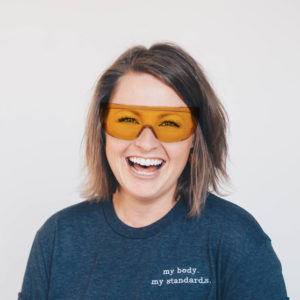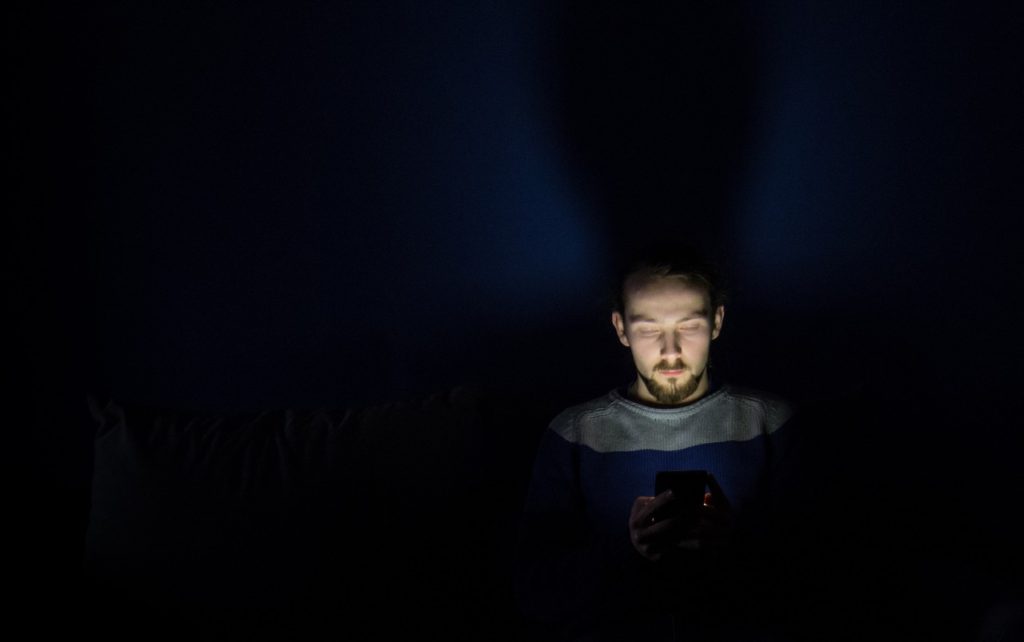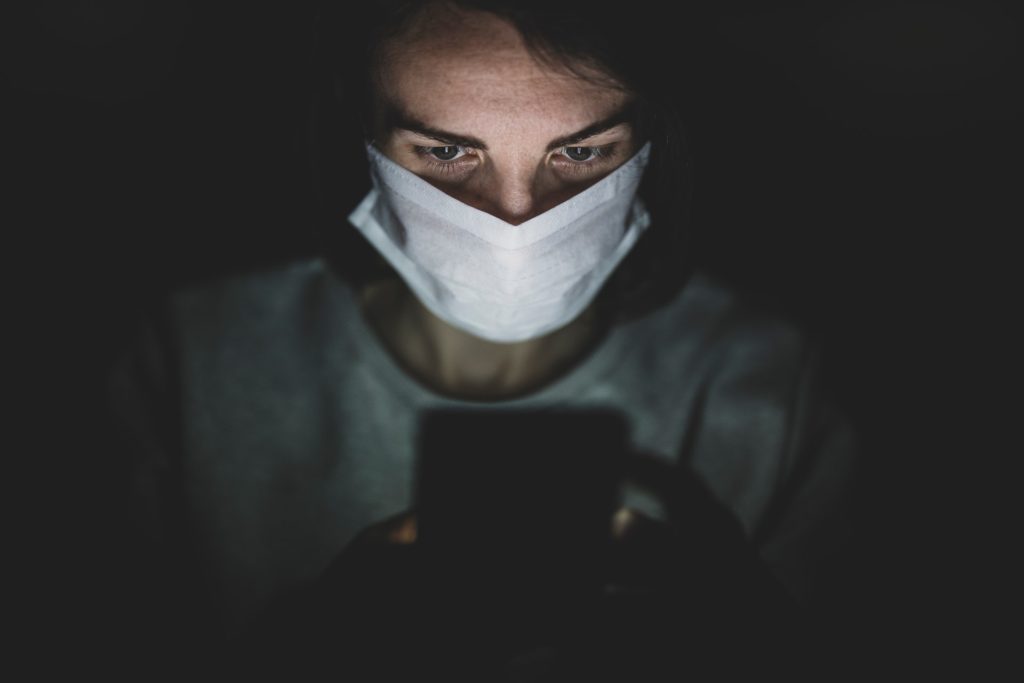Not uncommonly I get asked about taking melatonin supplements, and I find that quite a few of my clients are taking melatonin currently or have in the past. And it’s not hard to see why it’s so widespread. You can get it without a prescription, it’s marketed as natural and safe, and it’s available in flavored teas, gummies and smoothies. There’s even liquid melatonin that comes with an eyedropper for convenient use with infants(!!). Walk down the “sleep” aisle at your local drugstore and you’ll see all of these and more.
Misunderstood and mis-taken
The only problem: melatonin is not really a sleep aid. It doesn’t make you sleepy. The majority of people taking melatonin are doing it all wrong. They tend to take it at the wrong time (right before bed), their dosing is too large (the smallest dose usually available, 1 mg, is still 4-5 times what the body produces), and they expect melatonin to induce sleepiness (it doesn’t). On the other hand, I have heard some physicians refer to it as a pretty effective placebo, and they’ll go along with patients who are convinced they need it to sleep. I guess I can’t argue with that.
Melatonin is not a sleeping pill, but rather, a “darkness signaling” hormone that operates as part of the body’s circadian rhythms. When the ambient light levels decrease in the evening – signaling that the sun is setting – special photoreceptors in the eye relay that information to the brain’s circadian control center (called the suprachiasmatic nucleus) which broadcasts that message to the whole brain by causing a tiny gland (the pineal gland) to release the hormone melatonin. As a result, various circadian processes know that it’s the right part of the 24 hour cycle to do things like: wind down, lower body temperature, reduce the alerting signals, etc. The actual feeling of sleepiness is caused by the homeostatic sleep drive that has built up during the day.
A few questions
- Did your eyes glaze over and your sleep drive kick in while reading that paragraph? My apologies – that may have been too much information.
- Did you know that U.S. consumers spend a ton of money on melatonin supplements? Roughly half a billion dollars annually, according to research by Nutrition Business Journal (2017), and it’s only going up each year.
- Did you know that melatonin is not regulated or quality-controlled by the FDA? This is due to being classified as a dietary supplement. And independent testing has shown discrepancies between the amount of melatonin advertised vs. actually contained in the products.
- Do you know what’s a cheaper source of higher quality melatonin than over-the-counter supplements? The pineal gland, of course!
Please don’t buy into the notion that somehow you need an external source of this hormone that your body is completely capable of producing in the perfect quality and quantity. That’s what the marketers of the melatonin gummies want you to believe – that’s their job. Your job is to help the pineal gland to do its job properly, and that mostly means to stop getting in the way.
How to boost your melatonin 58% in 2 weeks
Last summer, a research study was published1,2 in which participants made a simple but strange-sounding change to their evenings: they wore orange-tinted glasses about 3 hours before they went to bed, every night for two weeks. That’s it! They weren’t told to make any other changes to their sleep habits, schedule, or environment. Just wear these glasses, and let the researchers measure a bunch of things.

The results…
At the end of two weeks, the participants’ melatonin levels had shot up 58%! No supplements needed, just naturally-produced, high-quality melatonin. Not only that, but participants slept an average of 24 minutes more per night (as measured by a sleep tracking device), and also reported improved sleep quality on a sleep assessment measure. All from doing this one thing! The only drawback to wearing these amazing orange-tinted glasses was – and this is my conjecture, not the researchers’ – the participants probably experienced an increase in subjective feelings of dorkiness, if only such an assessment measure were invented and administered. =)
What’s going on? What do these glasses have to do with melatonin?
Do you remember the description above about how the brain receives the message that the sun is going down through special photoreceptors in the eye, and subsequently broadcasts that message by releasing melatonin? It turns out that those special photoreceptors are “tuned” to the short-wavelength end of the light spectrum – the blue end – and our brain waits until this type of light is absent or minimal to release melatonin. In other words, light exposure on the blue end of the spectrum is much more effective in suppressing melatonin release than other types of light. This is why you may have heard about how blue light is harmful to sleep.3
The orange-tinted glasses in the study are actually blue light filters, and are designed to filter out pretty much all light in the blue end of the spectrum. Thus, wearing the glasses protects the photorecepters from this specific light signal, which allows the brain to successfully receive the message that it is evening-time (instead of the message that sunlight is still present), which triggers the pineal gland to release melatonin and start the winding down processes linked to the circadian rhythms.
This problematic “blue” light doesn’t have to be visibly blue, either, just contain enough energy in the short-wavelength region of the spectrum. One really bad news related to all of this is that the LCD screens from all of our digital devices emit a lot of this blue light. If you want to suppress natural melatonin, having a lot of screen time before bed (TV’s, computers, tablets, smartphones) is an extremely great way to do that. This way, you can tell your body’s circadian rhythms that the sun has suddenly stopped going down at night like it had been doing for all of human history, and hopefully it can quickly evolve to find another substitute. On the other hand, if you’re not okay with sending your body that message, then mitigating this blue light exposure is pretty critical.
Recommendations
In light of the research showing how our circadian rhythms are regulated and the role that blue light plays, here are some recommendations:
- Wear blue-light blocking glasses. Seriously. It won’t hurt to try them, right? I’m not getting paid to promote those dorky-looking glasses, but I have to admit that the research study presents compelling evidence for the impact on melatonin and sleep. Search for “blue blocking glasses” on Amazon (tip: Uvex is a reputable brand, they were used in the study, and you can find ones under $10). Consider trying it for two weeks, like the study!
- Adjust the color temperature on your digital screens. Called Night Shift on iPhones/iPads/Macs, Blue Light Filter on most Andriod devices, and Night Light on Windows 10 computers (or download the multi-platform app called f.lux), our technology now gives us the ability to mitigate the blue light exposure stemming from its use. Take advantage. The best part is that you can set it to automatically activate from sunset to sunrise.
- Still reduce night-time screen time. Please don’t wear the blue-light blocking glasses or turn on your Night Shift setting just so you can continue to have screen time right before – or in – bed. About an hour before bed (certainly at least 30 minutes), you should transition away from screens to less visually (and mentally) stimulating activities. Also, your lighting at night should be dim, not bright, and warm (color temperature), not cool.
- Maximize light exposure in the mornings. Seek early morning bright light consistently, ideally natural light, and bonus points if paired with physical activity such as a walk or jog. There is good clinical evidence for photo-therapy lamps if you can’t get natural light because of timing, location, or circumstance.
- Melatonin supplements have their place. You might assume that I’m anti-melatonin-supplements from reading this article but you would be wrong. Used correctly, it can be very effective in helping with jet lag or delayed circadian clock, and it is considered a treatment for certain circadian rhythm disorders. Just make sure you’re getting your melatonin information from reputable sources,4,5 and consider checking for possible drug interactions6 with your physician if you’re on other medications.
- University of Houston article: http://www.uh.edu/…
- Published paper: https://www.ncbi.nlm.nih.gov/…
- Blue light has a dark side: https://www.health.harvard.edu…
- National Institutes of Health: https://nccih.nih.gov/…
- American Academy of Sleep Medicine: http://www.sleepeducation.org/…
- Melatonin – Mayo Clinic: https://www.mayoclinic.org/…


